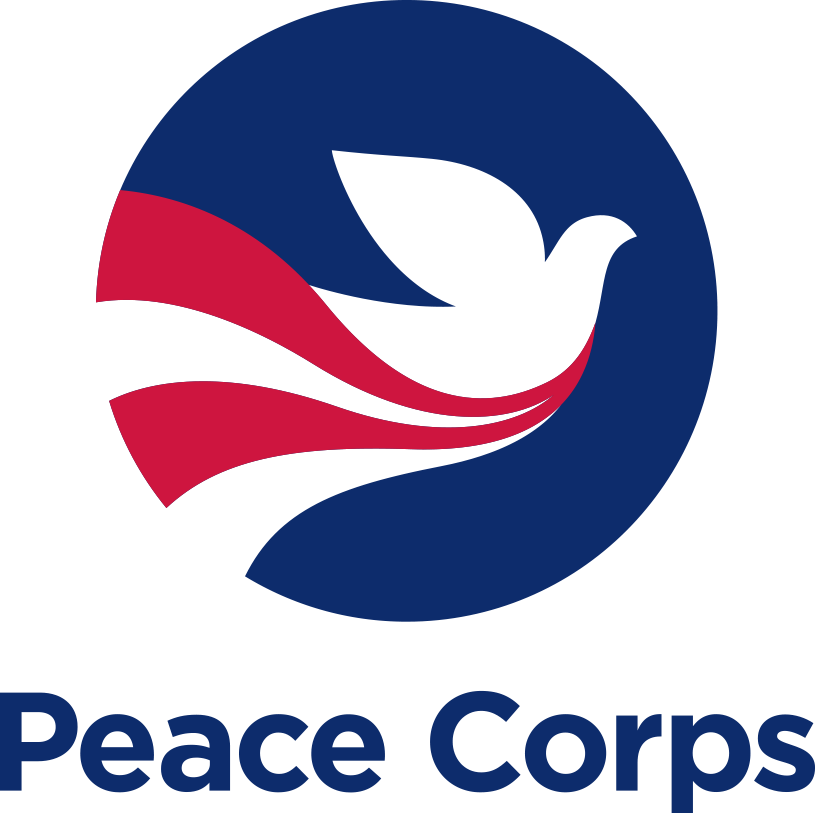The Peace Corps Prep Program identifies four core competencies that each undergraduate student needs to build before graduation. Below is a breakdown of the four competencies and the requirements to complete them. At the right is a step-by-step video guide of the Peace Corps Prep process.
Peace Corps Prep Overview
Peace Corps Prep Overview
Complete three courses that align with one of the six Peace Corps Prep sectors below.
- Education
- Health
- Environment
- Agriculture
- Youth in Development
- Community Economic Development
The PC Prep Student Guide details all class options for each work sector in the program.
Complete a minimum of 50 hours of field experience through volunteer, work, or internship positions in the same sector.
Students must complete and submit proof of all three activities below:
- Have your resume critiqued by someone in Career Services at Texas State. They can be reached at 512.245.2645
- Attend a workshop or class on interview skills at Career Services.
- Develop at least one significant leadership experience and be prepared to discuss it thoughtfully. For example, organizing a campus event, leading a work or volunteer project, or serving on the executive board of a student organization.
3 approved courses OR 1-2 courses + substantive intercultural experience
- Coursework: Complete three courses from our approved course list. The PC Prep Student Guide details all class options for each work sector in the program.
You may also choose to satisfy electives through a completion of an intercultural experience. All intercultural experiences must be approved by the PC Prep Coordinator.
- Study or Volunteer Abroad: Students may substitute one or two courses with a learning abroad experience if was in a country that has at some point hosted Peace Corps Volunteers.
- Other Intercultural Experience: Students can complete an intercultural experience (such as interning or volunteering with a global organization or diverse populations).
Latin America: Complete two intermediate Spanish courses (2000 level or higher).
West Africa: Build proficiency in French or another Romance language by completing at least one intermediate course (2000 level or higher).
Other regions: Students indicating an intention to serve anywhere else have no explicit language requirements, but are encouraged to take at least one foreign language class.
The Department of World Languages at Texas State University offers courses in Spanish, French, German, Japanese, Chinese, Arabic, Portuguese, Russian, and Italian.

